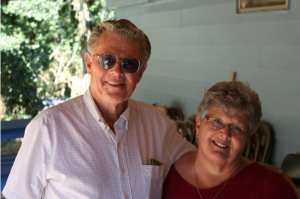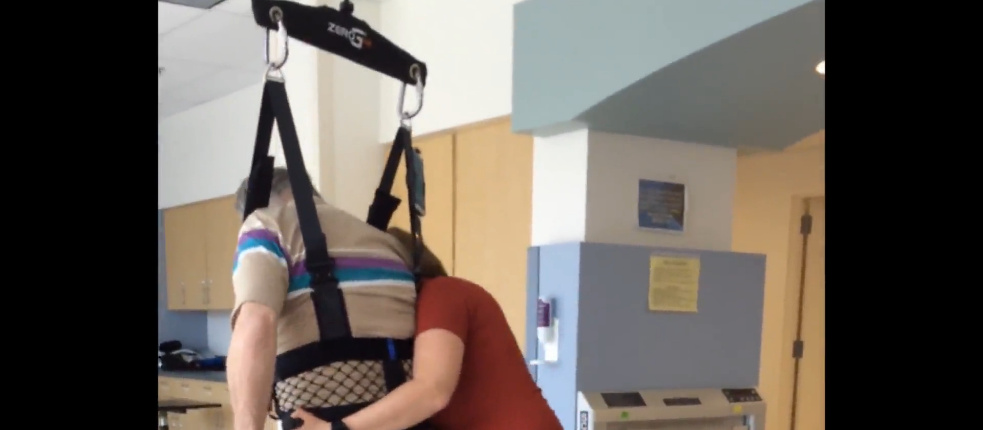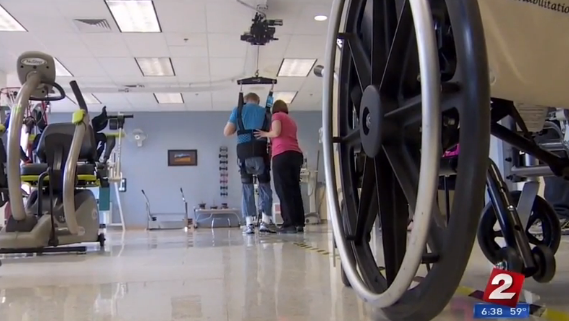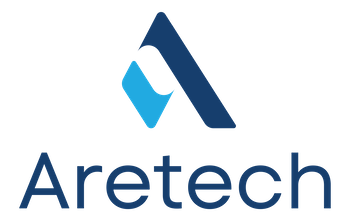ZeroG Helps Stroke Patient Learn to Walk Again
Source: Portland Business Journal & KATU2
Gary LaRue, a 74-year-old Yamhill County farmer, had a severe stroke on March 17th that paralyzed his right side and affected his speech. Less than six weeks later, he was walking — with assistance — thanks to a new device at the Legacy Rehabilitation Institute of Oregon, or RIO, which is located at Legacy Good Samaritan Medical Center in Portland.

Gary LaRue had a stroke in March, but has been able to practice walking with the ZeroG system at Legacy Rehabilitation Institute of Oregon
The institute is the first in the Pacific Northwest to offer the ZeroG Gait and Balance Training System, a robotic mechanism that helps brain and spinal cord patients safely practice walking, balancing and getting up. It allows a patient to begin intensive therapy earlier than they otherwise would.
LaRue came to RIO two weeks after his stroke, which had left him wheelchair bound.
“For someone with no balance, they can attempt to walk and eliminate that fear of falling,” said Eric LaRue, Gary’s son and partner in an excavation company.
ZeroG consists of a computerized trolley that runs on a track on the ceiling. The person using it puts on a harness attached to the trolley, which partially supports their weight and moves with them.
It’s different than previous systems in a couple of ways, said Valerie Fesler, LaRue’s physical therapist.

Gary chose Legacy RIO for therapy in order to use ZeroG in his recovery
“We had a system prior to this that would support the patient’s weight but was very cumbersome and would swing and throw them off balance when they were trying to walk,” Fesler said. “It allows us to get folks on their feet sooner because it’s a fall-free environment. It takes some of the fear out of walking, because they know they’re in this safe environment to practice.”
ZeroG can be used for a variety of diagnoses, such as traumatic brain injury, spinal cord injury, amputation, cerebral palsy and other orthopedic and neurological injuries.
LaRue’s wife of 51 years Miriam, and son Eric said they are looking forward to him coming home from rehab this week. They hope he’ll be able to walk unassisted in the next couple of months. LaRue, who also raises Black Angus cattle, was very active before the stroke and was operating heavy machinery the week before. “He’s not your average 74 year old,” Miriam LaRue said.





Leave a Reply
Want to join the discussion?Feel free to contribute!